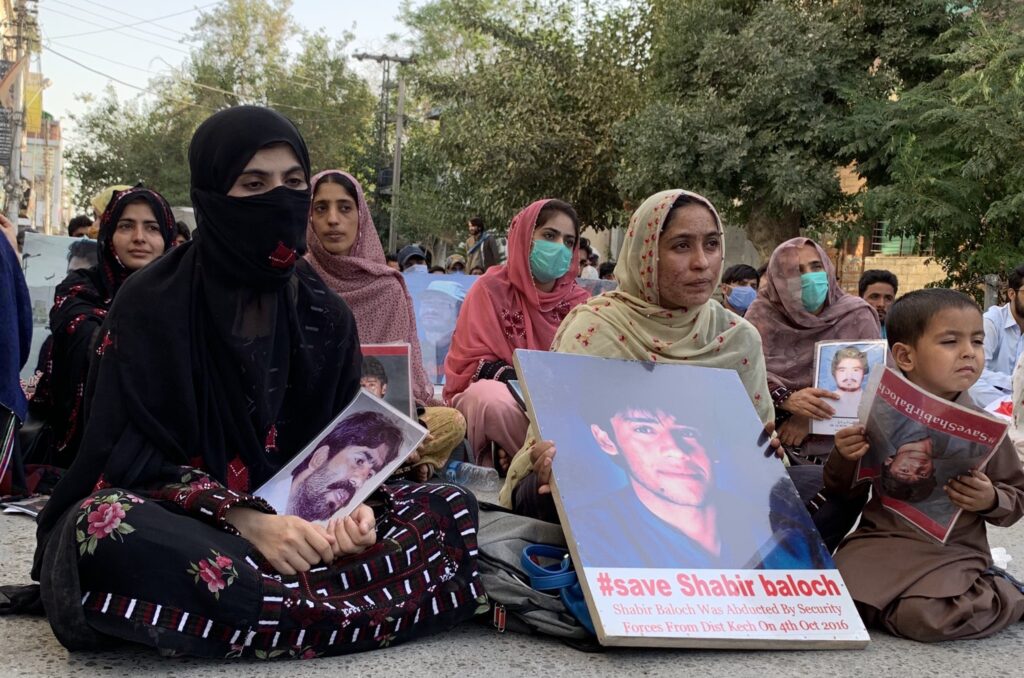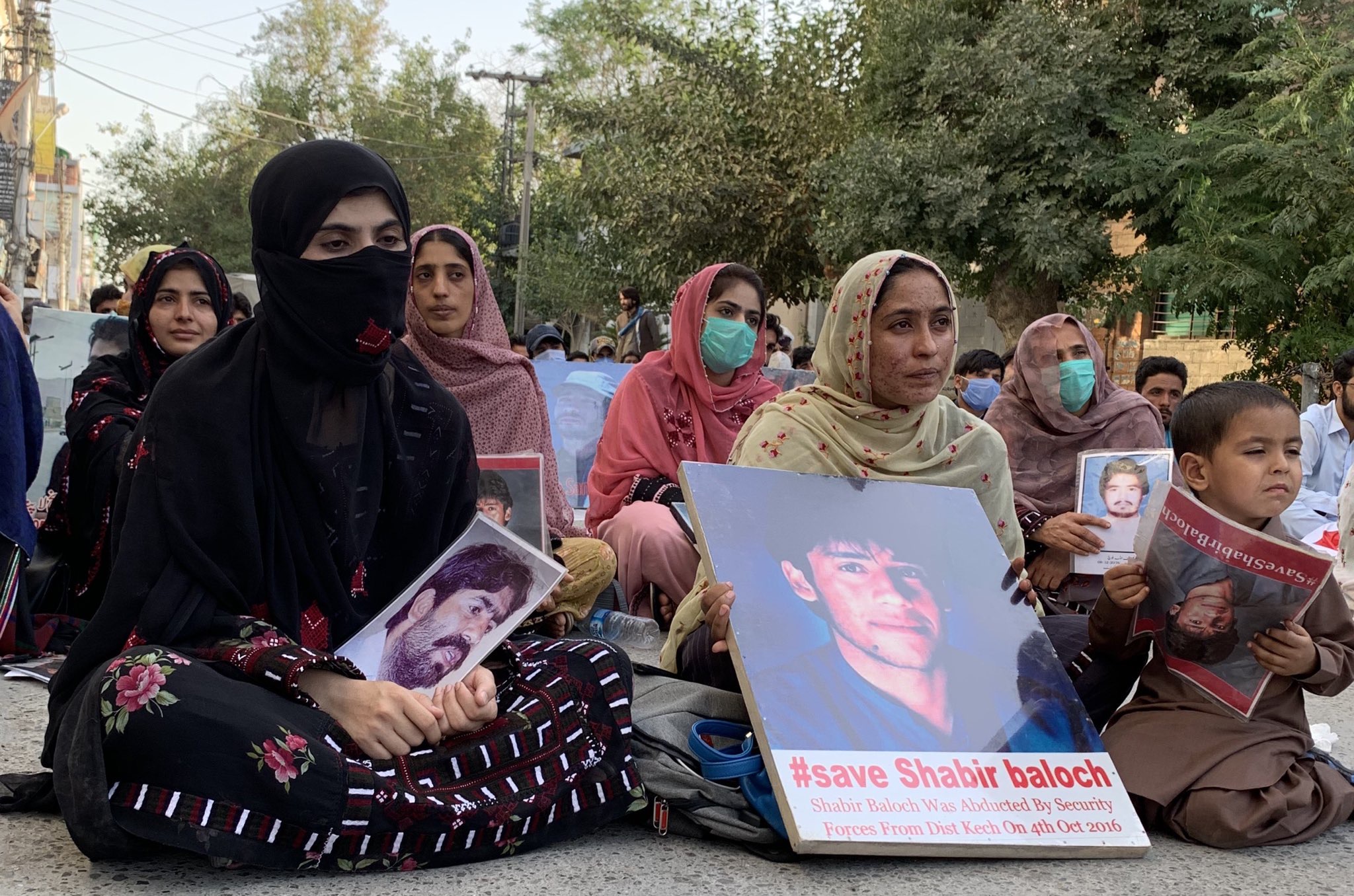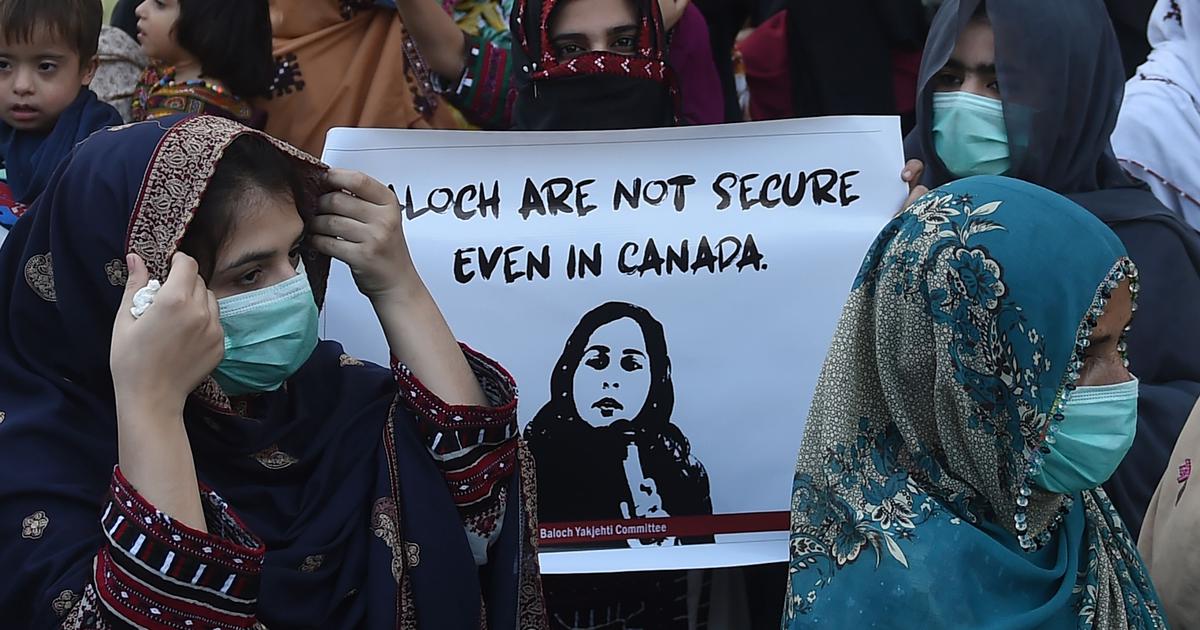
Balochistan, an Inhuman Laboratory for Pakistan
Balochis are oppressed at home, neglected abroad, and treated as an inconvenient relic from the past that would not go away.
Rohan Giri / New Delhi
Last week’s attacks on Pakistan Army Frontier Corps bases at Panjgur and Naushki by Balochistan Liberation Army (BLA) brings to fore the struggle of Baloch people seeking independence from the repressive security regime led by General Qamad Javed Bajwa.
BLA’s Majeed Brigade attack on Pakistan’s army establishment is yet another grim reminder of state-sponsored disappearances, day light murders and abuse of Baloch people that serve as inhuman nuclear laboratory for Pakistan that’s long been a rogue state.
While Balochis under forceful occupation of Pakistan faced reprisals’ of grave nature and human rights violation, two separate attacks last week bring to fore their struggle to regain lost self-respect and statehood.

Lack of basic amenities in Balochistan also highlights the highhandedness of Pakistan’s army and the government led by Prime Minister Imran Khan.
Khan may not have been on equitable terms with his army chief General Baweja. But then, the duo seems to have been one in dealing a death blow to Balochis campaign for freedom. Balochis have also been seeking trial of both General Bajwa and Prime Minister Khan by UN-led Human Rights Organizations that wax eloquent on other mundane issues.
Balochistan that’s been least populous area under forceful occupation of Pakistan is rich in natural resources but figures at the bottom on human development indicators like education, employment, and medical amenities.
Independent & Sovereign Balochistan
Balochistan is flanked on the east by Pakistani provinces of Punjab, Sindh, and the Federally Administered Tribal Areas (FATA), and on the west by Afghanistan, Iran, and Arabian Sea.
Prior to 1947, Balochistan region was made of four princely states, Kalat, Lasbela, Kharan and Makran. Three months before independence from British rule, Muhammad Ali Jinnah demanded an independent state of Kalat that would have four Baluchi ruled princely states.
Through a communiqué on August 11, 1947, Kalat was awarded the status of an independent and sovereign state. However, by October 1947, Muhammad Ali Jinnah had changed his mind and asked that Kalat be formally part Pakistan as a province. The Khan of Kalat was passionate about maintaining their independence and sovereignty.
Pakistani army went to Balochistan fraudulently on March 26, 1948 and all the four princely states run by Balochis were occupied on April 1 1948. Pakistani army\’s crimes, abuses, torture, arbitrary arrests, executions, and indiscriminate violence increased in the aftermath of capturing Kalat. From then on, Balochistan’s people had embarked on path of liberation struggle due to these excesses.
Baloch Freedom Movement
In 1948, Muhammad Ali Jinnah forcibly merged this larger princely state with Pakistan by mounting pressure on Nizam Ali Khan of Balochistan. Ali Khan had to give in under pressure. The Baloch do not consider this deal legal and since then, nationalist Baloch have been on warpath to get rid of slavery under successive Pakistani regimes.
Nawab Nauroz (Nowroz) Khan also known as Babu Nowroz has been the symbol of Balochistan freedom movement. They were waging a guerrilla war against Pakistan for the independence. Navroz was arrested and thereon reports suggested his murder in Pakistani captivity. Hundreds and thousands of Baluchis have sacrificed their lives in the freedom struggle. Now, Balochis have openly countered Pakistani army brutalities with weapons.
Several organizations like Balochistan Liberation Front (BLF), Balochistan Liberation Army (BLA) and Balochistan Nationalist Army (BNA) have had repulsed Pakistani Army’s inhuman ingression on their lives. Balochistan has been in constant state of instability following Pakistan army’s occupation and its intent to resolve the issue through force.
Reports also suggest that Pakistan security apparatus was not against deployment of army contingents and conduct raids through Pakistan Air Force to crush the rebellion in Balochistan. In 1974, Pakistan’s Army led by General Tikka Khan, whose tactics earned him fame as the ‘Butcher of Balochistan’. He dropped bombs on Balochis. On May 28, 1998, Chagai, the occupied region of Balochistan was shaken by a series of nuclear bombings that were designed to test Pakistan government\’s nuclear capabilities. Since then, Balochistan became central to inhumane nuclear testing for Pakistan.
‘Kill and Dump’ policy
Balochistan is a neglected, exploited and ignored region. On the pretext of territorial security and integrity, Pakistan and its security agencies have made it their hobby to violate human rights of Baloch people. Over years, human rights activists in Baloch have been accused of sedition, labeled as terrorists and subsequently kidnapped by security forces or killed in clashes.
In several cases, their dead bodies were found on roadside, brutally disfigured or their skeletal remains found in mass graves. Karima Baloch’s assassination in Canada on December 20, 2020 had signature imprint of Pakistan’s ISI. Karima had gone missing before she was murdered, and her body was eventually discovered near Toronto\’s waterfront.

The Pakistani army launched a \”kill and dump\” policy in 2009 with zero tolerance for Baloch dissent. Pakistani military establishments utilised brute force to demoralise those demanding freedom and destroy the Baloch national spirit.
Never ending brutalities notwithstanding, Pakistan’s security establishment has failed till now in breaking the determination and dedication of Balochis indigenous struggle.
A non-violent community has been resorting to violence to protect itself. Pakistani army repeatedly unleashed violence and inhuman acts on the Baloch people each day. Baloch community has taken up arms for humanitarian and defence while the world’s famed human rights organizations and leaders remained mute witnesses to excesses of Pakistan’s army.
Pakistan Army had illegally occupied Balochistan on the strength of arms. It is well known that Pakistan is a haven for terrorists. Although Pakistani terrorists have been linked in several terrorist attacks around the world, Balochistan refused to be involved in such acts of terror barring incidents that are part of their freedom struggle. Balochis espouse peace and tranquility.
(Author is an operations manager at CIHS, New Delhi) E-mail – [email protected]
Reference:

